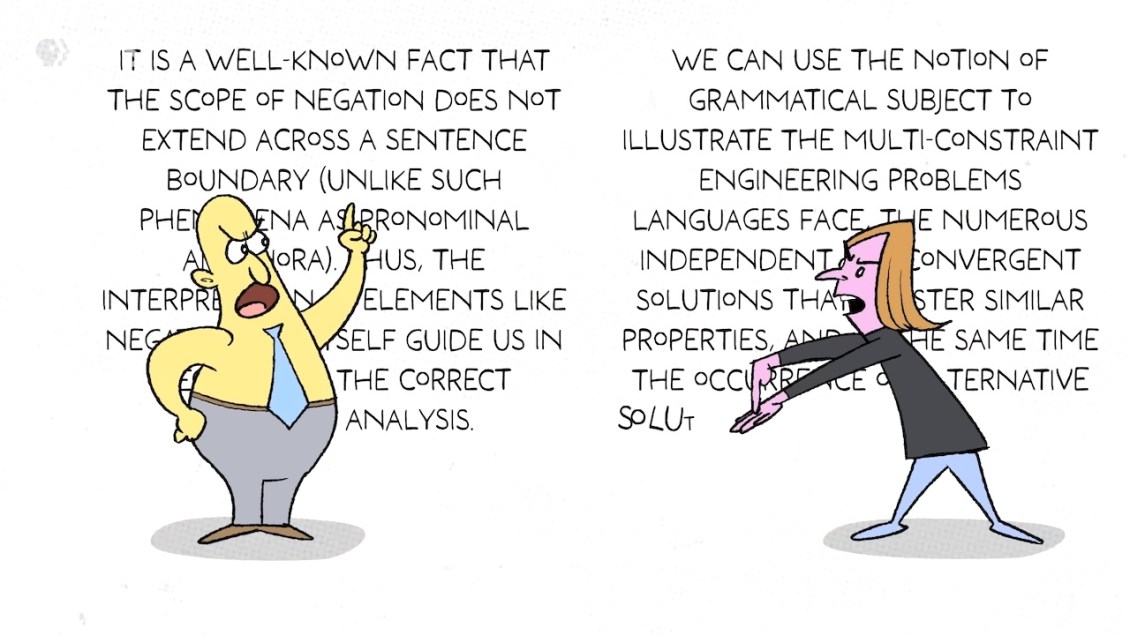The Ongoing Heated Linguistic Debate Over Noam Chomsky’s ‘Universal Grammar’ Theory
Dr. Erica Brozovskyof thePBSseriesOtherwords talked about the ongoing and rather heated linguistic argument regarding Universal Grammar (UG), a theoretical syntactic structure developed by Noam Chomsky in the mid-20th century, which suggests that certain grammatical rules cross language barriers and are innate to the human mind. While this theory intended equality, it ran into numerous problems over the years, particularly with languages that don't use the same ordering of words as English.
English grammar, for example, relies heavily on word order, so some accused Chomskians, as they're sometimes called, of overemphasizing it when studying other languages. Sure enough, as more diverse data rolled in, proponents of UG had to repeatedly revise their lists of principles and parameters to account for unexpected grammatical features of languages like Tagalog, Mandarin, and Warlpiri.

Other arguments against UG have cropped up in the late 20th and early 21st centuries, particularly those that have more flexible parameters.
Towards the end of the 20th century, alternative theories that challenged UG started to gain traction like usage-based linguistics, cognitive linguistics, and constructive grammar. ...that childhood acquisition of language didn't require some mysterious grammar module in the brain, but could be explained by more general cognitive abilities like pattern recognition, frequency gauging and memorization.